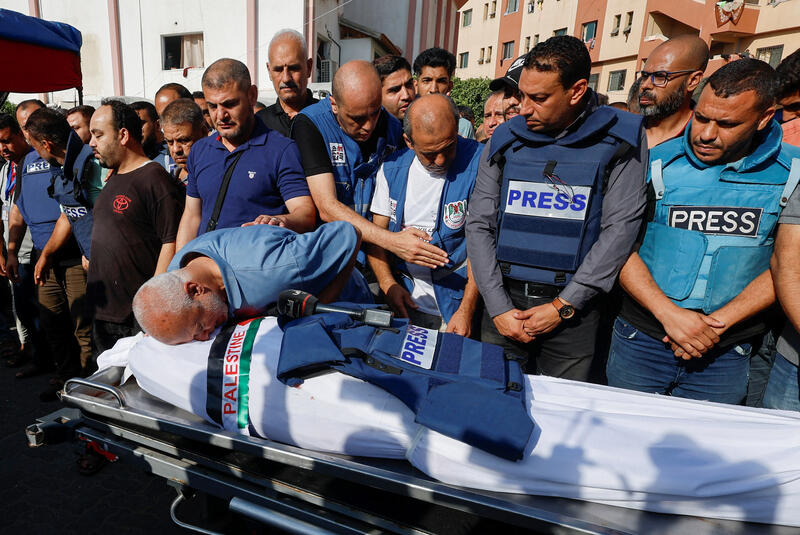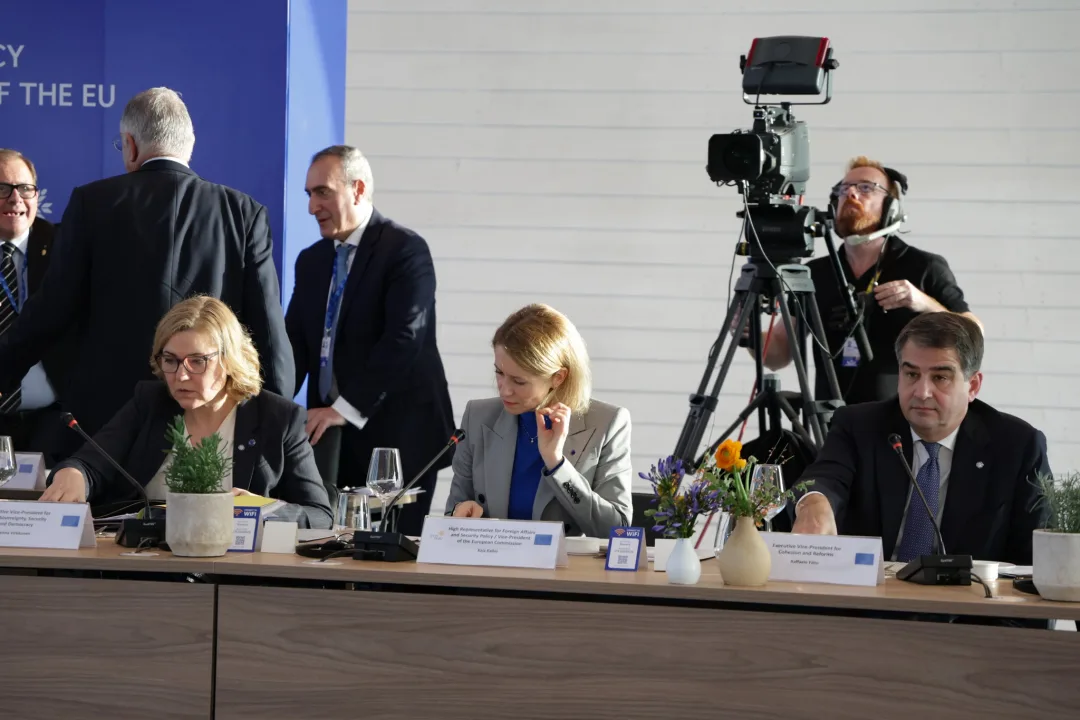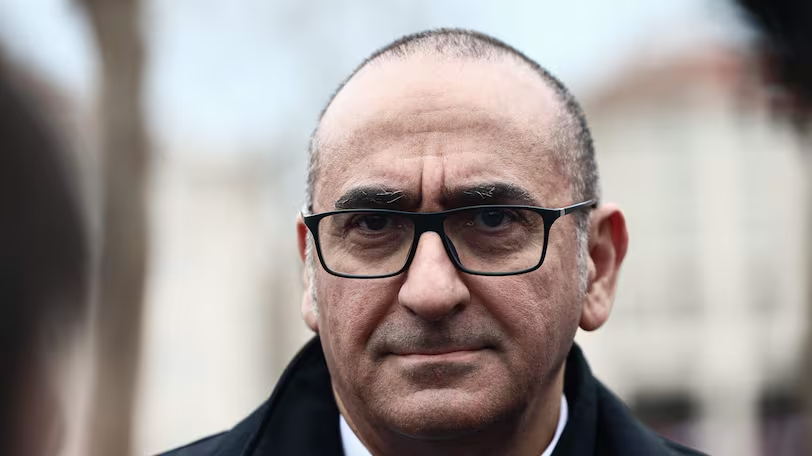
Marked for Death: Israel Labels Six Al Jazeera Journalists as Militant Operatives
October 24, 2024
Council of Europe Urges Ireland to Strengthen Protections for Journalists
October 25, 2024October 24, 2024 – Romania/Russia –
The Lenin District Court of Kursk, acting on a petition from the regional FSB’s border guard department, issued an arrest warrant in absentia for Romanian journalist Mircea Barbu, a correspondent for HotNews.ro. He faces charges of “illegally crossing the Russian border” after reporting from the town of Sudzha, which fell under Ukrainian control during Kyiv’s incursion into Russia’s Kursk region in August 2024.
Barbu traveled openly to Sudzha with a Ukrainian military convoy to document the conditions on the ground, filming interviews with residents about infrastructure outages and daily life under occupation. In a statement to RFE/RL’s Romanian service, Barbu expressed that the arrest warrant—even issued in absentia—was “unsurprising” given the current climate and affirmed his commitment to continuing his reporting in Ukraine’s embattled border regions. He acknowledged the need to increase his security and digital safeguards but stated firmly: “If they detain me, it definitely won’t stop me”.
This move reflects a broader crackdown on foreign journalists by the Russian state. Since Russia’s passage of restrictive “fake news” censorship laws in March 2022, media coverage critical of its military operations has been classified as criminal. Numerous journalists—including Italy’s RAI correspondents, CNN’s Nick Paton Walsh, and Deutsche Welle’s Nicholas Connolly—have had criminal cases filed against them or had arrest warrants issued for entering Ukraine-held parts of the Kursk region. Convictions under these charges may lead to up to five years in prison, and individuals placed on international wanted lists may be subject to extradition should they enter Russian jurisdiction.
Rights groups, including the Institute of Mass Information (IMI) and the Committee to Protect Journalists, have condemned the Kremlin’s use of border-crossing accusations as tools of intimidation, aimed at discouraging on-the-ground reporting in contested regions. The case of Mircea Barbu underscores Moscow’s broader strategy: using legal instruments to deter international media scrutiny and restrict access to areas impacting narratives about the war in Ukraine.
Reference –
https://www.romania-insider.com/russian-court-arrest-warrant-romanian-journalist-october-2024




